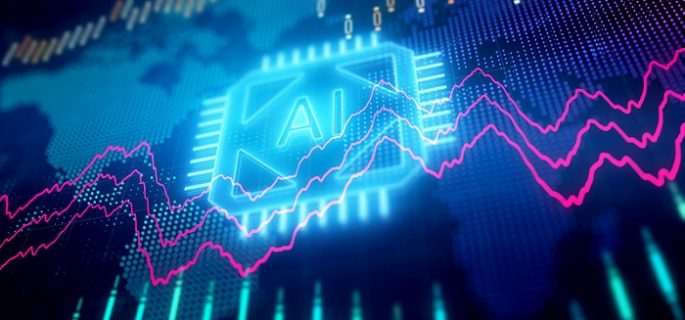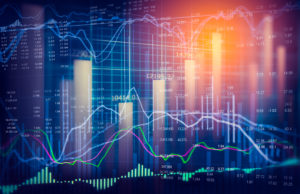Consumer Watchdog Report: Wall Street AI Could Cause Financial Crisis

The impact of AI has rippled through virtually every aspect of the business world, and the financial industry is no exception. Organizations in the financial sector are expected to experience seismic shifts from the transformative forces of AI. Wall Street, regarded as the global hub for finance and economics, has long relied on legacy technology but is now taking a keen interest in AI technology, especially generative artificial intelligence (GenAI).
While Wall Street has poured billions into AI research, development, and patents, they might have progressed without adequate safeguards. A recent investigation by Consumer Watchdog suggests that Wall Street AI could cause algorithmic complexity, a lack of transparency, and biased or false information, that could result in the next financial crisis.
The Consumer Watchdog investigation included analysis of AI-related patent applications at the United States Patent and Trademark Office (USPTO). Wall Street banks are seeking patents and trademarks for various applications. Goldman Sachs, JPMorgan Chase, and Morgan Stanley are seeking artificial intelligence for analyzing securities, and investments and predicting stock prices and portfolios.
Almost every bank on Wall Street is developing its own version of ChatGPT to provide financial advice to its customers and employees. This is concerning because the risk of “AI hallucination” is one of the biggest threats to using GenAI as it can lead to biased or misleading output, which in the financial sector can spell disaster.
"Absent proper regulation, the next financial crisis could be caused by AI," said Justin Kloczko, tech advocate for Consumer Watchdog. "A recession could ignite in the housing or equity market due to a handful of powerful banks relying on a couple of biased algorithms."
According to Consumer Watchdog, the use of AI can create complex new derivatives that can allow investors to gamble with billions of dollars in junk bonds. This can lead to an economic crash as big as the 2008 financial crisis.
"The more these companies use automation, and they start to use it on bigger markets, then there is some systemic risk," Gerard Hoberg, a University of Southern California professor of finance who studies artificial intelligence, told Consumer Watchdog.
In their report, Consumer Watchdog called for strong oversight by state and federal authorities. It recommends more sophisticated monitoring and regular audits to protect against systemic risks and “herding”, which refers to the systemic bias where investors tend to follow and copy what other investors are doing.
The report also recommends AI investment systems to held to the same standards as human investment advisors and mandate the external review of black box data of AI investment algorithms.
The Consumer Watchdog report highlights the efforts of the California government to tackle this issue. The draft rules developed by the California Privacy Protection Agency (CPPA) allow people to opt out of AI-automated technology for any financial decision-making. The rules set by the California government offer protection against AI risks and biases and provide a model for the rest of the states to follow.
AI-related patent applications have skyrocketed with over 80,000 applications at USPTO since 2020. Interestingly, over 90 percent of the AI patent applications are filed by only five investment banks, which also control half of all AI investment deals and more than two-thirds of all research papers. If no action is taken by regulators, the global economy could suffer the next financial meltdown because the top banks on Wall Street decided to use biased or unreliable AI models.
Related Items
Watsonx Brings AI Visibility to Banking Systems
AI Researchers Issue Warning: Treat AI Risks as Global Priority
AI Startup Anthropic Pursues $5B Investment for OpenAI Showdown — Report












